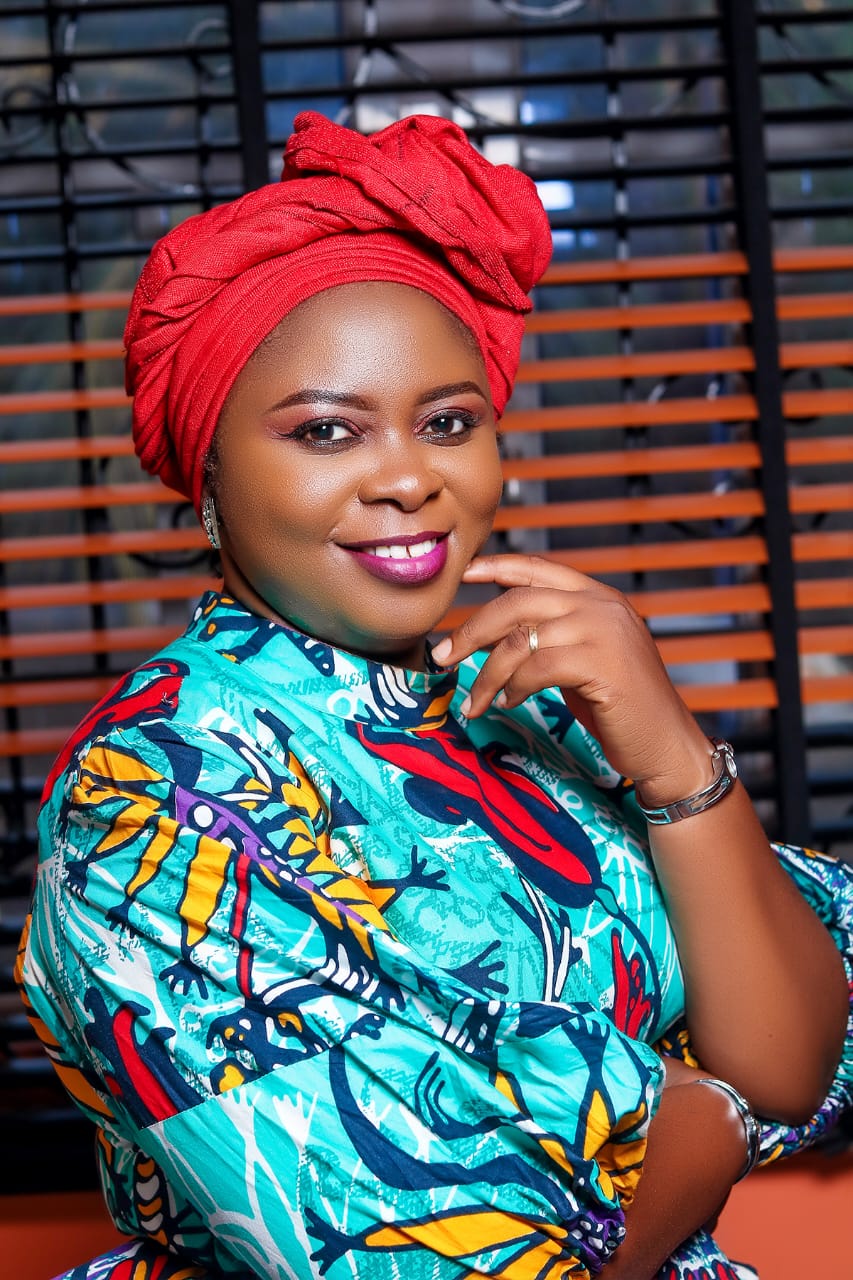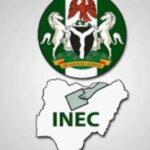We are all in it
Writing this was not easy for me.
Because each time I tried to blame others, I kept seeing three fingers pointing back at me.
The truth is, we all play a part in how this country has turned out.
Yes, even me.
And until we admit that, nothing will truly change.
We’ve become too individualistic in this country.
Once someone is able to afford something, they automatically believe everyone else should be able to afford it too.
No empathy, no deeper thinking, just vibes.
Imagine waking up tomorrow and garri is ₦2,000 per cup.
Some people will actually be happy. Not because it makes sense, but because they finally get to say, “At least I can afford it.”
They’ll remind you how expensive garri was when they lived abroad, but won’t talk about how garri is produced here, and how it’s food for millions who now can’t afford it.
Same with fuel.
If the price jumps to ₦1,500 per litre, they’ll compare it to fuel prices in Hong Kong or the UK.
But let me break it down clearly:
In 2025, Hong Kong’s GDP per capita is about $50,000, while Nigeria’s GDP per capita is less than $1000.
How can you compare both?
How can you tell someone earning peanuts to pay the same price for fuel as someone earning gold?
That’s not wisdom, that’s wickedness.
They play this game with us all the time.
They’ll hike the price of something by 10x, wait for noise online, then reduce it to 8x, and suddenly, some people start clapping.
Saying “they tried,” like we’ve forgotten the original price.
Look at the dollar too.
In 2015, it was ₦199.
By late 2024, it peaked at about ₦1,700.
Now it’s around ₦1,500.
That’s over 7.5 times depreciation.
And yet, some people are thanking the government for “stabilizing” the economy.
But what are we producing?
What changed to make the naira stronger?
Nothing.
So it’s not stability, it’s a setup.
And when it hits again, it’ll hit hard.
Even electricity, instead of giving us steady power, they divided us into “bands”, and what did we do?
We turned it into a status symbol. Bragging about how much we pay per unit, as if paying more for basic things is now an achievement.
We don’t ask questions.
We don’t hold leaders accountable.
Instead, we clap for them while we suffer.
They don’t need PR teams, millions of Nigerians have become their unpaid spokespeople.
It’s painful to say, but it’s true.
And until we look inwards and start reasoning with clear heads and not egos, nothing will change.
We need to stop celebrating pain. Stop dressing up hardship and calling it growth. Stop comparing ourselves to countries we’ve refused to become like in structure, leadership, or economy. This country can still be better, but only if we stop pretending like all is well.
The change we need won’t come from just shouting online or waiting for the next election. History has shown us that nations do not rise because challenges disappear. Nations rise because their people decide to rise above the challenges.
It starts with thinking differently. It starts with seeing through the lies. It starts with people like you and me saying: “No more.” Because we deserve better. And Nigeria won’t change until Nigerians do.
We cannot deny that our dear country is facing difficult times. Politically, we wrestle with issues of leadership and accountability. Socially, we are torn by divisions and insecurity. Financially, many families are struggling to survive. Academically, our schools face underfunding and brain drain.
As citizens, we must hold leaders responsible through peaceful civic action, advocacy, and consistent engagement with governance (town halls, public debates, social media). We should avoid selling votes or supporting leaders based on tribe or religion but insist on competence and integrity.
We should also know and realise that not everyone will be in Abuja, but joining community development associations, student unions, or local advocacy groups strengthens grassroots democracy. Politics in Nigeria often divides by ethnicity and religion. Individuals can counter this by fostering conversations that emphasise nationhood above sectionalism.
As ambassadors of peace and tolerance, we should refuse to spread hate speech, fake news, or divisive rhetoric and whether as parents, teachers, religious leaders, or young influencers, we must live the values we want to see — honesty, hard work, and patriotism.
Nigeria is ours hence the need to support and encourage local innovation and culture: Encourage Nigerian arts, sports, and creativity that promote national pride and unity and also help to grow the economy
Making Nigeria better requires both systemic change from leaders and responsible citizenship from the people. If leaders fight corruption, improve security, and invest in infrastructure while citizens contribute through integrity, hard work, and unity, Nigeria can rise again.
Change does not start in Aso Rock alone. Change starts in our homes, our schools, our marketplaces, and our communities. Small consistent actions create the Nigeria we desire. When each Nigerian does what is right in their small corner, the ripple becomes a wave — and that wave becomes a new Nigeria.
The answer lies not just in government offices, but in our daily choices. If we live with integrity, if we unite beyond tribe and religion, if we invest in education, and if we support one another, then together we will lift Nigeria from where it is, to where it ought to be.
Let us not just dream of a better Nigeria. Let us build it — with our hands, with our voices, with our lives.
Written by Josephine Ali with excerpts from Social Media






